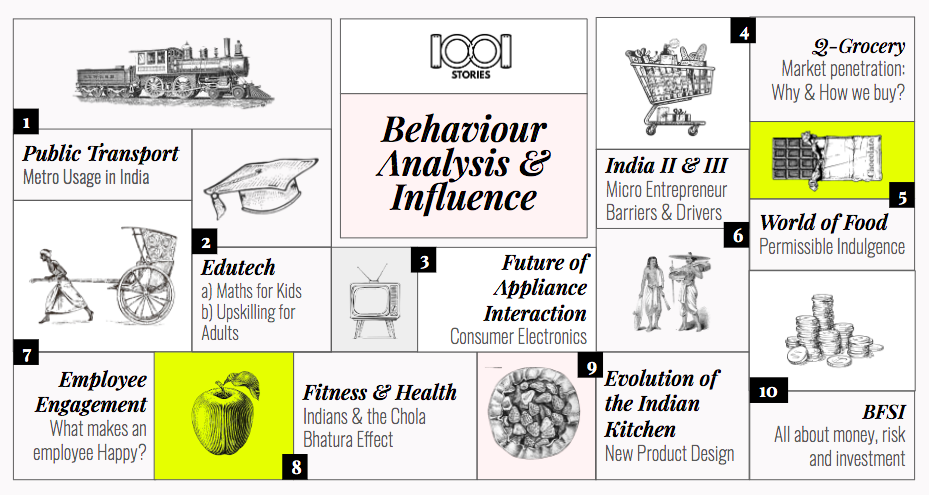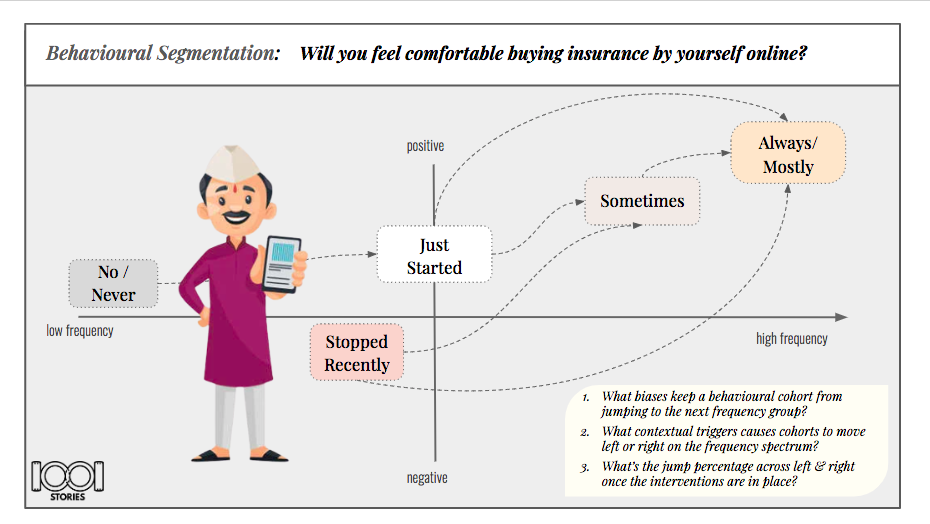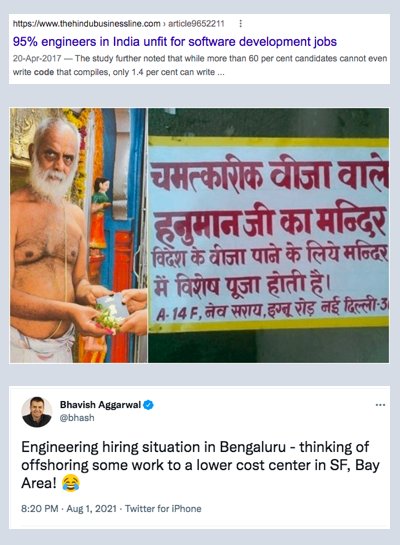One of the leading kitchen appliances manufacturer in India reached out to us in 2020 to with a few questions on context of the Indian kitchen. They were curious about what were the implications and what strategies Behavioural Science offered when it comes to creating newer kitchen products, crafting brand communication and designing customer service processes.


One of the focus was on deciphering what makes for a ‘good’ appliances and what cues can we suggest that behaviourally, contextually and neurologically trigger in the emotions of a ‘good’ appliance.

While finding answers to the above question and others like it, the below project developed organically, as an offshoot. It was one of the most satisfying projects we did as a team at 1001 Stories – tracing the evolution of the Indian Kitchen over 3,000 years.
Guess what surprised us the most?
It was the realisation that there is a new trend in Palakkad, Kerala where moneyed folks were building two kitchens – one ‘display’ kitchen and the second kitchen inside for the ‘actual’ use. The display kitchen was the cool one, for showing off to friends and family who were also moneyed folks. This was where you could showcase your taste and affluence, without worrying about the ‘mess’ that a real Indian Kitchen brings with it. Interior decorators we interviewed told us the budgets were anywhere from 5 to 20 lakhs for the ‘look’ of this display kitchen.
Amazing, no?
Here’s the case study with more details on the evolution of the Indian Kitchen.
Please wait while flipbook is loading. For more related info, FAQs and issues please refer to DearFlip WordPress Flipbook Plugin Help documentation.


